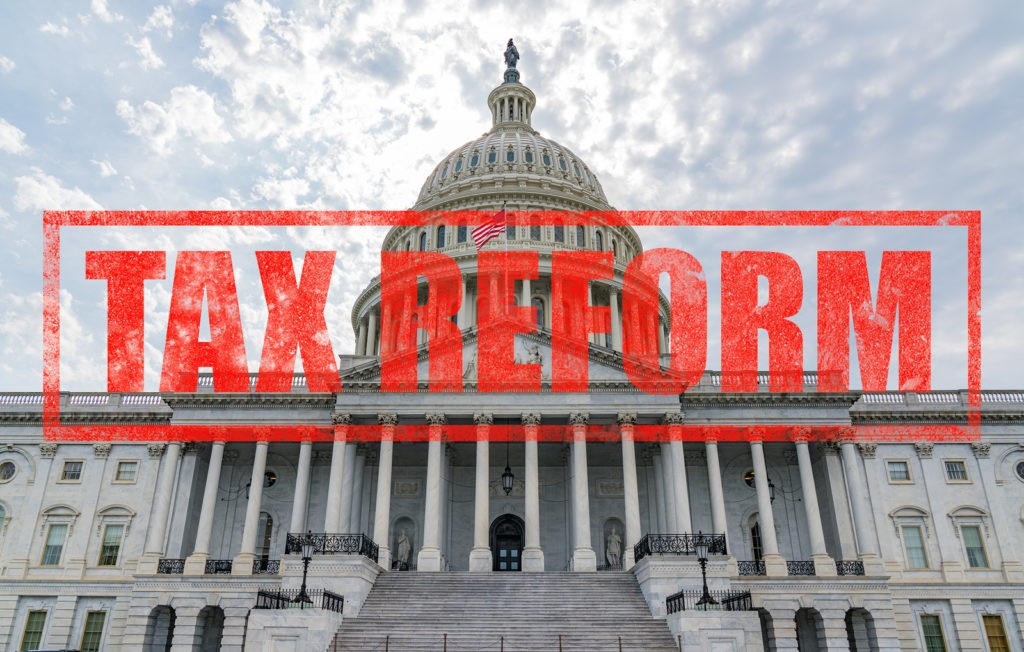What Could the Tax Reform Mean for the Manufacturing Industry?

For the first time in 31 years, Congress passed a new tax reform bill, bringing changes for individuals as well as those in nearly every industry. On the business side, one of the biggest differences it brings is corporate tax cuts. A reduction in taxes from 35% to 21% under the new terms allows business leaders to spend less on taxes and retain more capital for investments or to spread to employees. What could these sweeping changes mean for manufacturers?
Manufacturing is an enormous industry and, consequently, will likely be greatly affected. One of the most important parts of this significant change, according to industry insiders, will be new equipment write-offs. In short, this requires company leaders to deduct the price of any new equipment purchased that same year. They previously deducted these expenses over several years. This aspect of the new tax law reaches beyond 2018. In fact, those who purchase new equipment will be able to write off the full amount the same year as their purchases through 2023. These savings could lead to more orders due to the increased ability for manufacturers to boost production with up-to-date equipment.
To cope with these potential changes in demand, savvy company leaders are working to maximize product uptime, capitalize on IoT data, and invest in human capital to speed up production cycles. According to the RealClearPolitics article, in other companies, these changes are encouraging leaders to spend more on facilities in addition to their equipment. Some could even expand their businesses, welcome more employees, and improve wages.
While these prospects are beneficial for workers, tax reform effects go further than impacting manufacturers on the plant floor. Those in management positions will be responsible for driving efforts to maximize tax reform benefits, which could include:
- Increased production due to higher demand
- More company capital to spend or invest due to the 14% reduction in the corporate tax rate
- The need to hire more workers or raise wages for retention due to the combined skills shortage and increased demand
- Incentives to return manufacturing investment to the United States, giving American manufacturers more competitive edge in the global economy
- Incentives to invest in states with low costs of living or low taxes, extending these benefits to employees
Although corporate tax breaks may increase the likelihood for global economic competition, the incentive for U.S. company leaders to invest in corporations overseas is likely low. In fact, the tax reform makes America an attractive place for manufacturers to continue doing business with plenty of new options to increase their bottom lines.